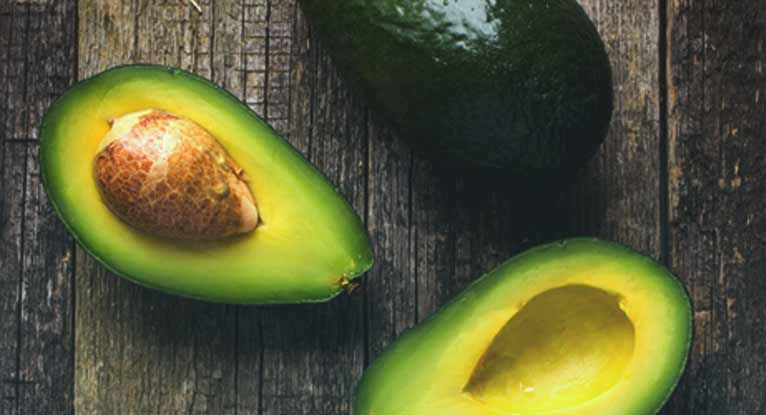Bite Size - 5 Nutrition Changes to Boost Immunity and Reduce Injury
- Coach Grainge
- Nov 26, 2018
- 2 min read
I recently had a question from a new athlete to Sisu Racing as part of them coming onboard to do with nutrition and injury and thought i would share this with you.

Q: Last year my season was riddled with injury and illness. How can I change my diet to stay healthy?
A: What we eat all day long, and specifically before and after training sessions or races, greatly affects our immunity and injury rates. Research shows athletes suffer from more cases of upper respiratory tract infections and injuries following heavy training or depletive racing. Here are my top five recommendations for boosting immunity and decreasing injury rate:
1) Try to eat at least three servings of brightly coloured (and varied) fruit daily.
Yes, bananas are ok before a workout, but blueberries, strawberries, raspberries, melons and plums are also good choices to get in the much-needed vitamin C, potassium and antioxidants to keep your body at its best.
Vow to include one serving of fruit with breakfast daily, and two for snacks. Or dice and add fruits to grain-based dishes (think couscous and apricots, wheat berries and blueberries, or quinoa and strawberries).
These are great for lunch or dinner, picnics or post-workout snacks. Smoothies made with 350/400g of whatever fruits you can find locally and low-fat milk or yogurt are great for breakfast, snacks or post-workout recovery.
Add greens (see No. 2) for extra credit! Add nuts or seeds (see No. 5) for double extra credit!
2) Vary your salad greens.
Don’t get stuck in a lettuce or spinach rut. Choose dandelion, mustard or turnip greens, kale and arugula as they are high in calcium, iron and antioxidants. Bonus: They taste great, especially fresh from a local farmers’ market or CSA. Salads are a great start, as are stir-fries with any of the above. Of course, kale chips are an easy and tasty snack, or you can blend greens in smoothies or add some to breakfast or dinner omelets.
3) Fuel your training with the right amount of carbohydrates.
Studies suggest that adequate carbohydrate intake before and during strenuous training can help counteract immunosuppression that is commonly seen following exhaustive exercise.
Eat a carbohydrate-rich meal or snack before all workouts (even the 5 a.m. sessions!). Be sure to take in 30–60 grams of carbohydrate per hour during prolonged training and follow this up with half your body weight in grams of carbs (e.g. 80 grams for a 160-pound triathlete) immediately following your workout to attenuate normal stress response to exercise and yield maximum immune-boosting results.
4) Recover with adequate protein (with above carbs) after workouts.
Most athletes should aim for 15–20 grams of protein during the 30-minute “recovery window” to optimize muscle recovery and ensure adequate protein intake throughout the day.
Include “good” fats in your diet.
5) The good fats will help to decrease inflammation, promote healing and recovery and help avoid injury. Add a serving of walnuts or ground flaxseed to cereals, snacks or smoothies. Include avocado or olive oil in salads and when cooking veggies for anti-inflammatory effects, and to boost your body’s absorption of key immune-boosting antioxidants, vitamins and minerals.









Comments